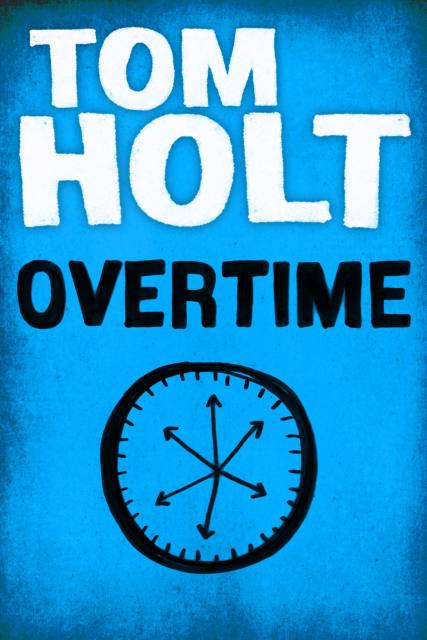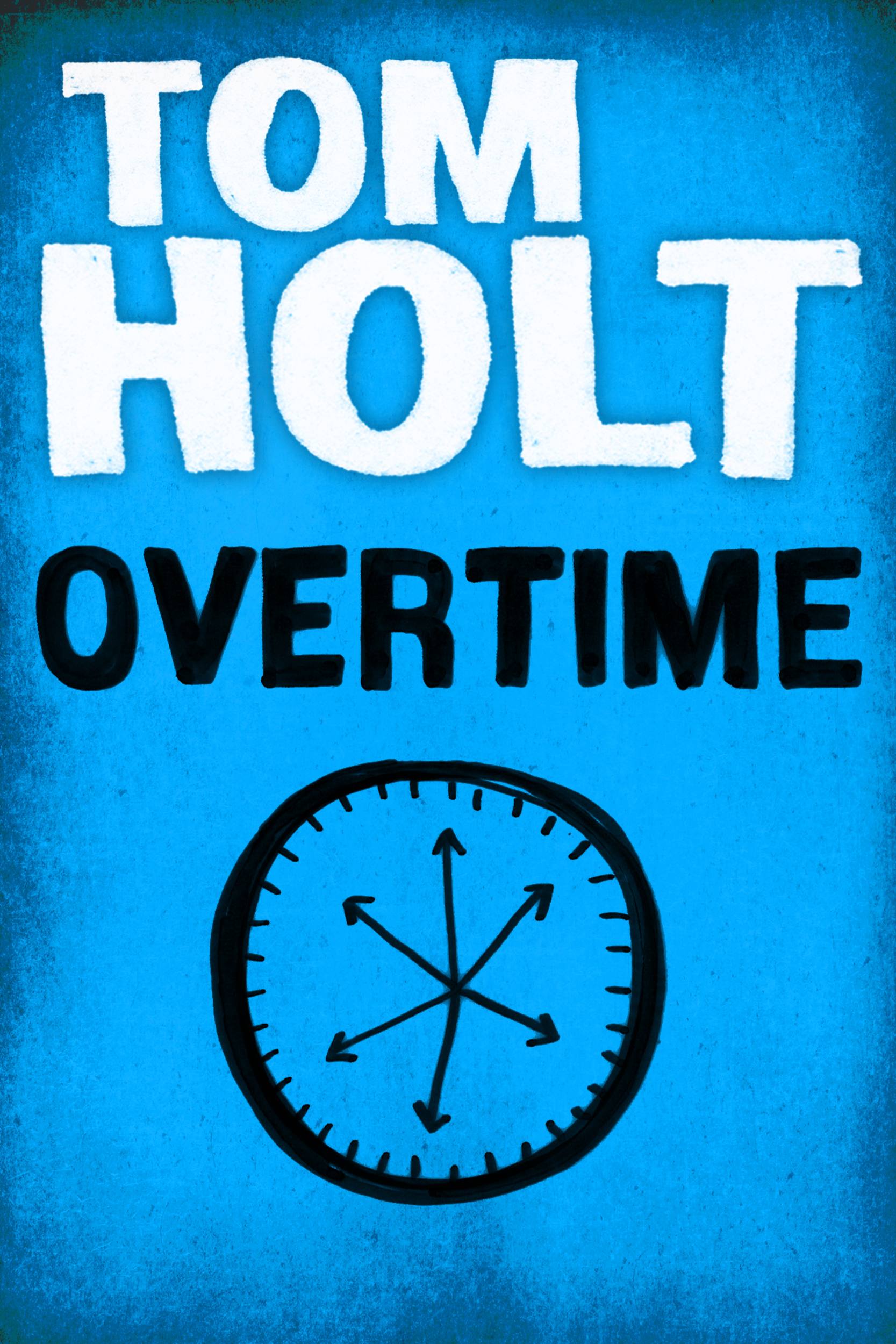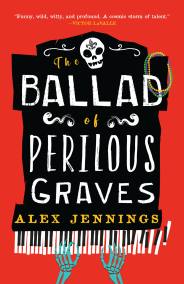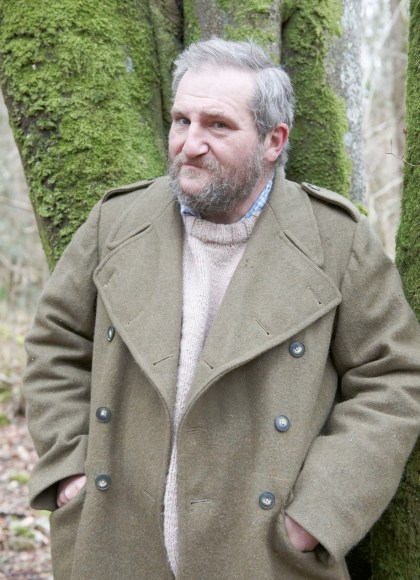Overtime
Contributors
By Tom Holt
Formats and Prices
Price
$4.99Format
Format:
ebook (Digital original) $4.99This item is a preorder. Your payment method will be charged immediately, and the product is expected to ship on or around September 4, 2012. This date is subject to change due to shipping delays beyond our control.
Also available from:
Guy is a Mosquito pilot in World War II. He is surprised when his dead co-pilot apparently starts speaking to him as they are flying over Northern France. And before you can say “Bomber Harris”, Guy finds himself caught up in time and travel, a search for Richard the Lionheart and a damsel.
- On Sale
- Sep 4, 2012
- Page Count
- 352 pages
- Publisher
- Orbit
- ISBN-13
- 9780316232982
Newsletter Signup
By clicking ‘Sign Up,’ I acknowledge that I have read and agree to Hachette Book Group’s Privacy Policy and Terms of Use







